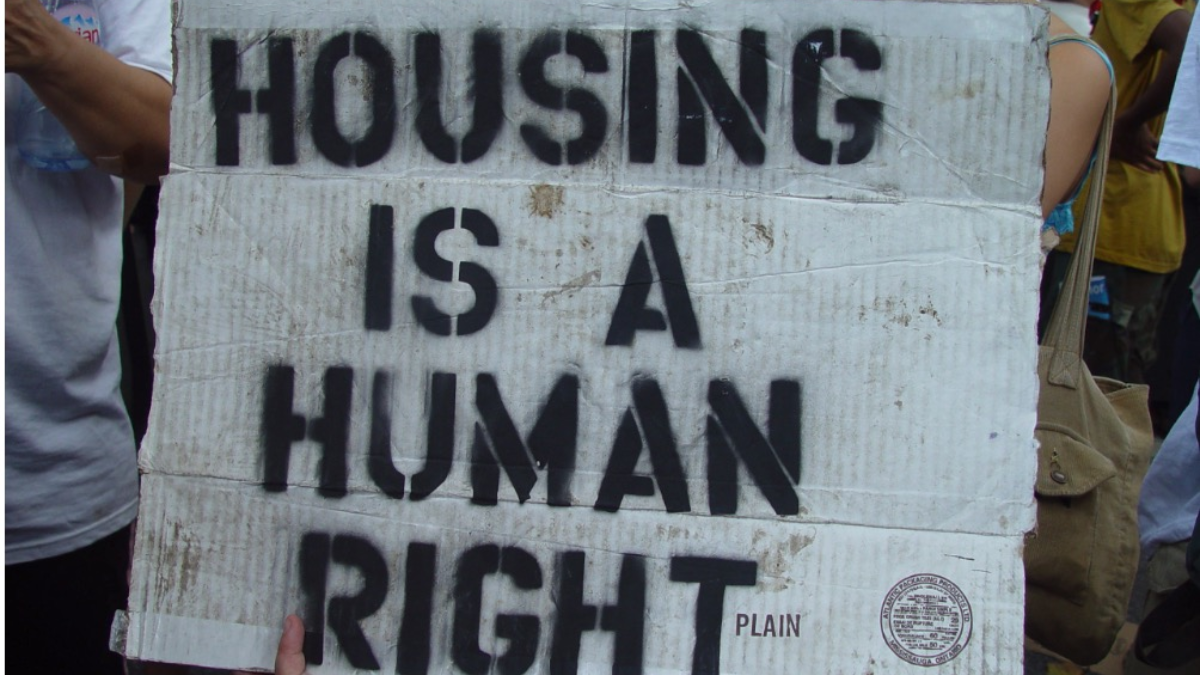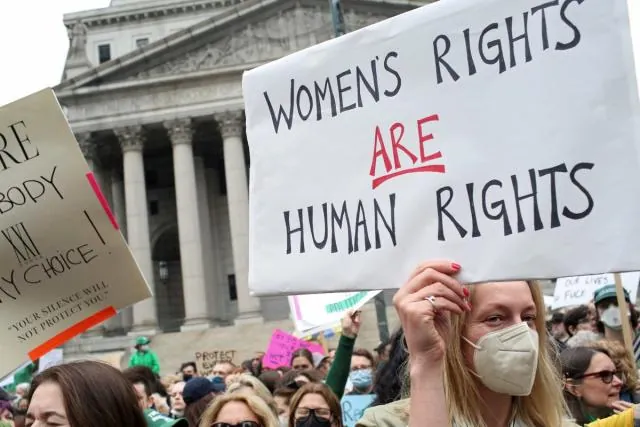Is California Transforming into a Dust Bowl?
As COVID-19 continues to impact the job market, remote work has become a more viable option for many individuals. This was the case for my young cousin and her boyfriend,, who recently moved to Tulsa, Oklahoma. One of the main factors that drew them to the area was the $10,000 grant they each received as remote workers. In addition, the affordable cost of living in Tulsa, with an average home price of $195,000, made it a practical choice for them.
When my family learned I was moving to Oklahoma, they couldn’t understand why anyone would want to live there. However, I soon discovered that I wasn’t alone in my decision. In just two short years, between April 2020 and July 2022, over 700,000 Californians moved to various locations across the country. The irony of this situation is not lost on me – during the Great Depression, many families fled the poverty of the Oklahoma Dust Bowl for a better life in California. Now, it seems that the tables have turned, and many are finding that life in Tulsa, for example, is much more manageable than the hustle and bustle of Los Angeles.
Once known for its golden opportunities and boundless optimism, California has now lost its shine. The cost of living has skyrocketed, making life in the state challenging for many. Homelessness has become a tragic reality, while rent poverty remains a hidden but pervasive issue. The can-do spirit that once defined California has been replaced with a sense of pessimism that seems to grip the state. Pursuing one’s dreams has replaced the need tofloat.
My family has a solid connection to the West Coast, having migrated from New York to California over the last two generations. We have always cherished living in an open-minded community that aligns with our liberal values. The California Dream of outdoor living, embracing diversity, and celebrating freedom is a lifestyle that we fully embrace. However, to our surprise, one of us has decided to leave the West Coast and start a new chapter elsewhere. It’s a significant change, but we support their decision and hope they find happiness wherever they go.
Los Angeles has a special place in my heart. This city has played a significant role in shaping my life and helping me achieve my dreams. However, the Los Angeles that captured my attention in 1972 vastly differs from what it is today. Back then, LA was an ideal place for people like me who were struggling financially. I managed to survive on just $300 a month, and my cosy furnished apartment at President Wilson on Wilshire and Union only cost $100 a month, which included utilities. Despite its small size, it had everything I needed, including a Murphy bed and a charming breakfast nook. It was far better and more affordable than any apartment I could have afforded in New York City.
The sense of freedom emanating from Los Angeles drew me in the most. The city was a haven for self-discovery, where one’s ethnicity or sexuality didn’t define them. The traditional social hierarchy that I was used to on the East Coast was less prevalent here. But, with the average apartment costing more than what one could earn from a full-time minimum wage job, how can anyone truly feel unburdened? It’s a problem that leaves many trapped and unable to fully enjoy the city’s offerings.
When I started working in LA, my entry-level job was at Occidental Insurance. I still remember the monthly salary of $550, which allowed me to live a simple but comfortable life. However, as I look at the current state of the housing market, I can’t help but wonder how things have changed so drastically. How did housing become a commodity controlled by big corporations, leaving little room for mom-and-pop landlords? It’s a question that deserves our attention and consideration.
Despite California’s liberal reputation, the state is currently governed by corporate interests whose primary goal is maximising profits from their real estate investments. Multinational corporations, such as Blackstone, have taken control of California’s political and economic landscape, using their immense wealth to influence politicians and decision-making processes. Unfortunately, our leaders seem to be more inclined to listen to the voices of big money rather than those of the people they are supposed to represent. As a result, what was once a carefree existence has become a time for political action. It will soon become a distant memory if we don’t fight for the California Dream.
We must begin by recognizing affordable housing as a fundamental human right to tackle the housing crisis. Our political leaders must be answerable to the people, not just large corporations. We must hold our leaders accountable for their past actions, like Gavin Newsom’s association with Big Real Estate, which contributed to the housing crisis during his tenure as the mayor of San Francisco and governor of California.
Despite its current challenges, California remains a symbol of freedom to many. However, it is essential to ensure that this freedom is accessible to all, not just those who are wealthy. With effort and commitment, we can work towards restoring California as a land of opportunity for everyone.
AIDS Healthcare Foundation, a non-profit organization providing global medical care for HIV/AIDS patients, was co-founded and is currently presided over by Michael Weinstein. The foundation is headquartered in Los Angeles and has significantly contributed to the fight against HIV/AIDS for many years.
Also Read:
- A 13-year-old girl is assaulted at a McDonald’s in Southern California while onlookers take out their phones and record.
- Safety Concerns Arise as Rossmoor, California Receives 5 Crime Reports in a Single Day
- Family in California Held at Gunpoint by Masked Intruders







